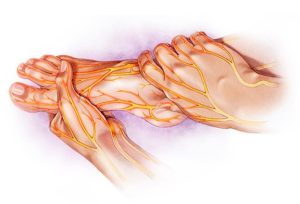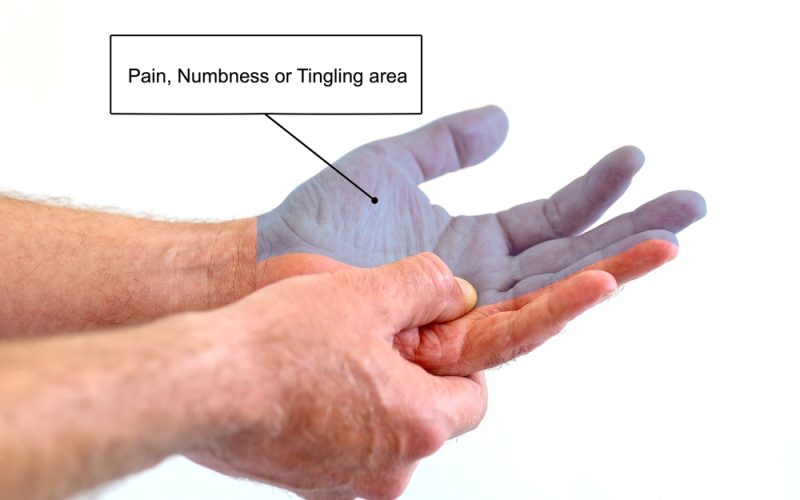Introduction
Feeling pins and needles in your arms and legs can be a peculiar and uncomfortable sensation. It’s that tingling, prickling feeling that often occurs when you’ve been sitting or lying in one position for too long. But why does this happen? Let’s delve into the reasons behind this sensation and explore what you can do about it. All you Need to Know About Other Health Issues And Their Solutions (Natural Remedies For Constipation Relief)
Understanding Pins and Needles Sensation
What Causes It?
The medical term for this sensation is “paresthesia.” It happens when sustained pressure is placed on a nerve. This pressure disrupts the nerve’s normal function, leading to the pins and needles feeling. Several factors can contribute to this pressure:
1. Poor Circulation
When blood flow to a particular area is restricted, it can lead to temporary nerve compression and the pins and needles sensation. Sitting or lying in a position that restricts blood flow for an extended period can cause this.
2. Nerve Compression
Nerves travel throughout your body, and they can become compressed or pinched due to various reasons. Common culprits include tight clothing, repetitive motions, or even anatomical abnormalities like herniated discs or bone spurs.
3. Pressure on Peripheral Nerves
Peripheral nerves are responsible for sending signals to and from the brain and spinal cord to the rest of the body. External pressure on these nerves, such as leaning on your elbow or crossing your legs for too long, can lead to the pins and needles sensation.

When to Seek Medical Attention
While pins and needles are often harmless and temporary, there are instances where they may indicate a more serious underlying condition. It’s essential to pay attention to accompanying symptoms and seek medical attention if you experience any of the following:
- Persistent or recurring pins and needles sensation without an obvious cause.
- Weakness or numbness in addition to the tingling sensation.
- Loss of bladder or bowel control.
- Difficulty walking or maintaining balance.
- Changes in vision, speech, or coordination.
If you’re unsure whether your symptoms warrant medical attention, it’s always best to err on the side of caution and consult a healthcare professional.
Preventing Pins and Needles Sensation
1. Avoid Prolonged Pressure
One of the simplest ways to prevent pins and needles is to avoid prolonged pressure on nerves. If you find yourself sitting or lying in one position for an extended period, try to shift your weight or change positions regularly.
2. Maintain Good Posture
Poor posture can contribute to nerve compression and circulation issues. Be mindful of your posture, whether sitting, standing, or sleeping. Use ergonomic furniture and supportive cushions if necessary to maintain proper alignment.
3. Stay Active
Regular physical activity improves circulation and helps prevent nerve compression. Incorporate exercises that promote flexibility, strength, and balance into your routine. Stretching and yoga can be particularly beneficial for reducing tension and pressure on nerves.

4. Address Underlying Conditions
Certain medical conditions, such as diabetes, peripheral neuropathy, or carpal tunnel syndrome, can increase the risk of experiencing pins and needles. Managing these conditions effectively through medication, lifestyle changes, or physical therapy can help alleviate symptoms.
Pins and Needles Causes
| Causes | Description |
|---|---|
| Poor Circulation | Restriction of blood flow leading to temporary nerve compression. |
| Nerve Compression | Compression or pinching of nerves due to various factors such as tight clothing or anatomical abnormalities. |
| Peripheral Nerves | External pressure on nerves responsible for sending signals to and from the brain and spinal cord. |
Conclusion
Experiencing pins and needles in your arms and legs can be uncomfortable, but it’s often a temporary and harmless sensation. By understanding the underlying causes and implementing preventive measures, you can minimize the occurrence of this sensation and maintain optimal nerve health. However, if you experience persistent or concerning symptoms, don’t hesitate to seek medical advice for proper evaluation and treatment.












